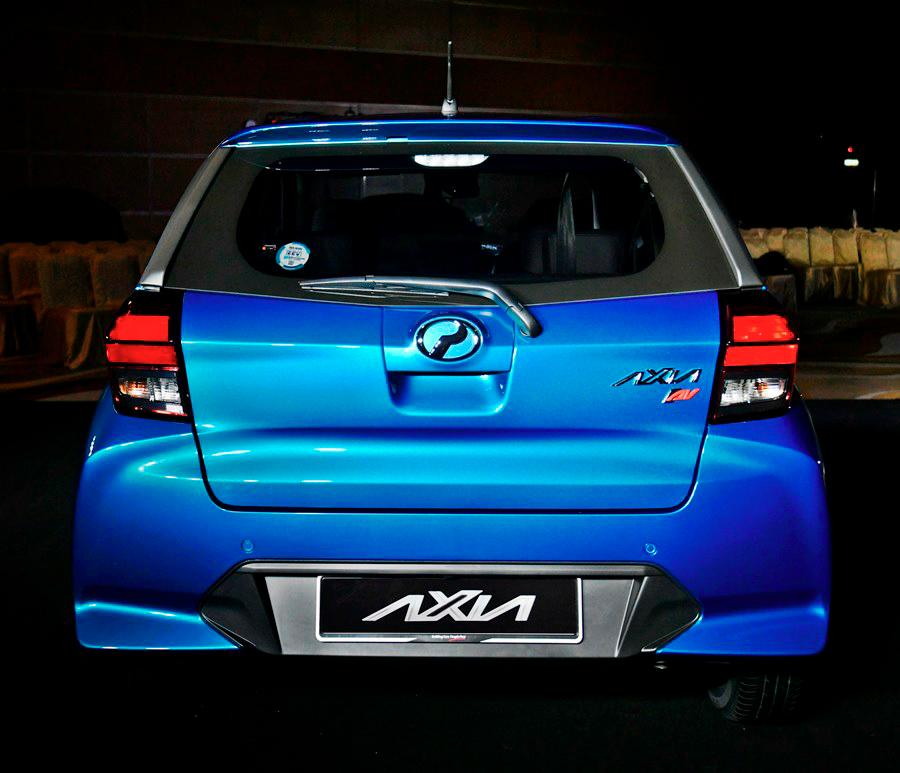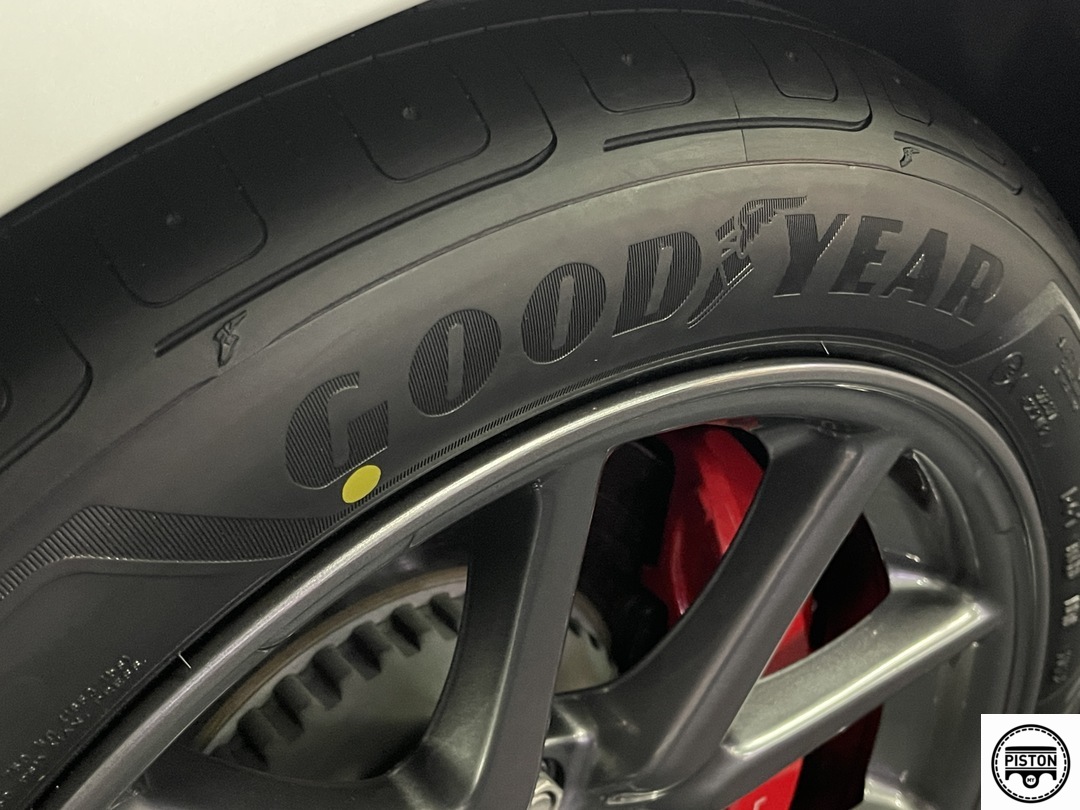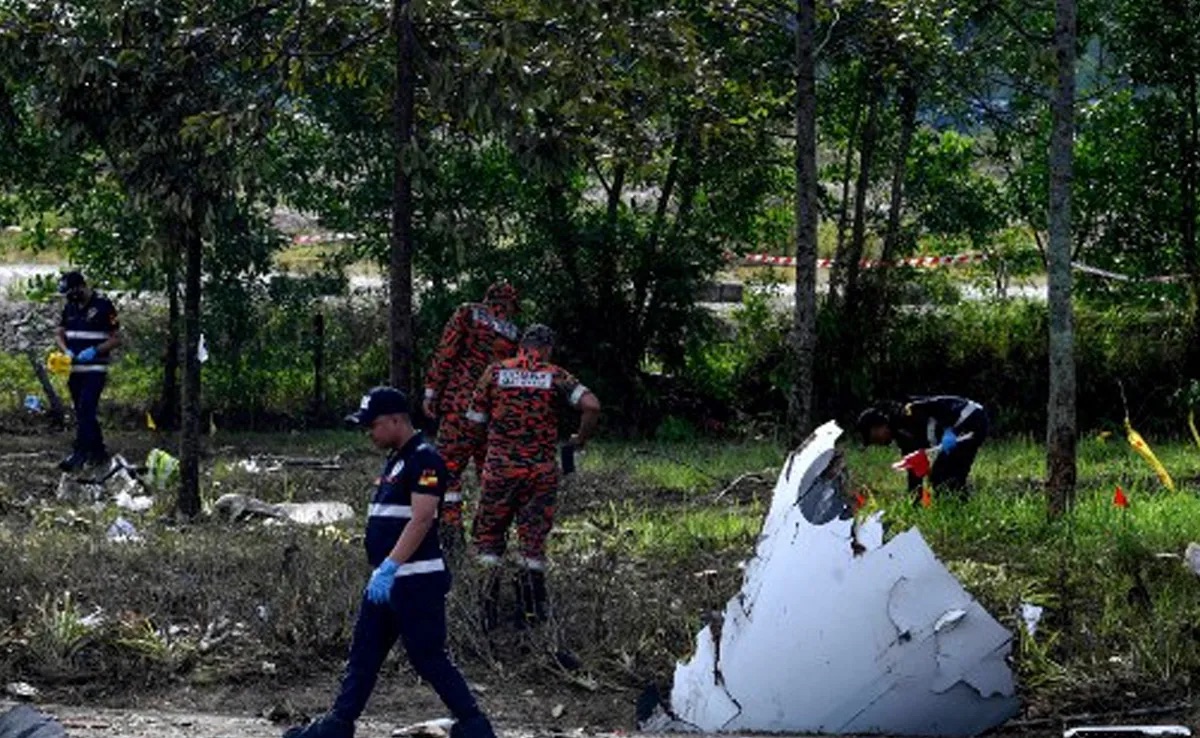Daihatsu, the renowned Japanese automaker, finds itself in the midst of a significant crisis as it declares a temporary suspension of all vehicle shipments, both domestically and internationally. This decision comes in the wake of a damning investigation into safety test irregularities, a scandal that has sent shockwaves through the automotive industry.
The unfolding controversy dates back to April, when it was first revealed that Daihatsu had engaged in fraudulent practices related to crash safety tests, specifically concerning regulatory approval applications for four models. The focus of the investigation centred on door trim issues that failed to meet safety standards in a side impact test, affecting a staggering 88,000 units. Subsequently, in May, Daihatsu publicly admitted to irregularities in certification procedures for side impact collision tests involving hybrid versions of the Daihatsu Rocky and Toyota Raize.
The latest developments shed light on the gravity of the situation, with reports indicating the discovery of 174 new irregularities across 25 test items. This brings the total number of fraudulent cases to a staggering 238. The affected models include those produced under the Daihatsu brand and supplied to major players such as Toyota, Mazda, Subaru, and notably, Perodua.
Perodua, a prominent Malaysian automaker, sees several of its models impacted by the scandal, including the first-generation Axia, second-generation Axia, Aruz, second-generation Alza, Ativa, Myvi, and Bezza. Additionally, Toyota models relevant to the Malaysian market, such as the Rush, Yaris, Vios, and Veloz, are also affected.
Daihatsu attributes the root cause of this scandal to a management problem that prioritized short-term development goals without adequately addressing fraudulent practices. The company acknowledges its oversight in management, creating an environment where employees felt unable to speak up about problems.
In response to these findings, Daihatsu expresses deep apologies for betraying customer trust and causing inconvenience. The company commits to thorough measures aimed at preventing a recurrence, guided by the recommendations of the third-party committee. Daihatsu not only pledges to review certification operations but also promises fundamental reforms in its corporate culture, placing a renewed emphasis on compliance awareness. As the automotive industry grapples with this scandal, Daihatsu faces a pivotal moment in its journey towards rebuilding trust and integrity.

















